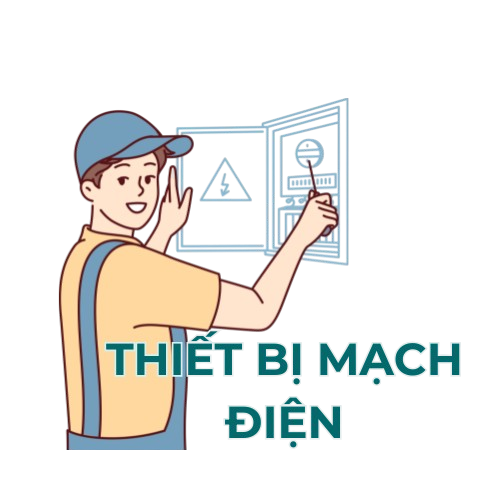The travel industry in 2025 stands at a juncture of progress and responsibility. As global tourism surges to pre-pandemic levels, travelers and industry stakeholders alike are steering a landscape transformed by eco-conscious mandates, technological advancements, and changing visitor priorities.
## Eco-Friendly and Eco-Conscious Travel
The imperative for sustainability has become a bedrock of modern travel. By 2025, the tourism sector is projected to generate 6.5 billion metric tons of greenhouse gases, necessitating urgent action. Destinations like Costa Rica and Bhutan are pioneering this charge, with the latter maintaining its status as the world’s only climate-positive country through stringent guest quotas.
Restorative travel models, such as New Zealand’s Māori-led eco-tours, are gaining traction. These initiatives reflect a broader shift: 73% of travelers now favor brands with robust sustainability practices.
## Personalization and Personalized Adventures
Premium tourism in 2025 is synonymous with ultra-tailoring. Selective visitors seek life-changing trips adapted to their unique interests. Providers like LuxGroup emphasize “ethical luxury,” blending luxury with traditional engagement.
AI technology is reshaping trip planning, enabling flexible agendas that adapt to instantaneous choices. This trend aligns with findings that 64% of luxury travelers prefer personalized offerings over generic options.
## Combating Overtourism Through Innovation
Overtourism remains a critical challenge, prompting travelers to seek “destination dupes” and non-peak period trips. Cities like Ljubljana are mitigating congestion through car-free zones and pedal transportation systems.
Governments are stepping in; Amsterdam and Majorca have implemented guest ceilings and conduct regulations to protect local ecosystems.
## Technology’s Role in Seamless Exploration
AI’s influence reaches beyond personalization into process optimization. AI agents handle 24/7 customer inquiries, while data projections optimize flight schedules and hotel pricing. Virtual reality previews allow travelers to “sample” destinations before booking.
Applications like Seven Corners streamline trip management, offering instant notifications on weather, crowds, and transportation delays. Blockchain technology enhances transparency in carbon offset programs.
## Longer Stays and Cultural Immersion
The era of whirlwind tours is declining. High-end tourists are commonly opting for two-week stays to deepen cultural connections. Families are increasingly embracing “professional voyages,” merging remote work with lengthy residencies.
## Experience-Based Travel and Novel Experiences
“Concert traveling” has surged, with fans traveling worldwide for major events. Astrotourism—exemplified by skywatching in Chile’s Atacama Desert—reflects growing interest in cosmic occurrences.
## Wellbeing and Digital Detox
Wellness tourism is evolving beyond relaxation resorts to encompass comprehensive wellness. Unplugged getaways combine meditation with farm-fresh meals, aligning with a 95% rise in demand for health-oriented itineraries.
## Economic Strategies and Value-Conscious Travel
Travelers are leveraging membership benefits and packaged deals to optimize savings. Banking incentives are being strategically redeemed for upgrades, reflecting a shift toward “smart luxury”.
## Conclusion
The travel landscape of 2025 is defined by its twofold character: a desire for exploration moderated by principled stewardship. As destinations harmonize advancement with protection, stakeholders can ensure tourism remains a connection—not a impediment—to a more integrated and responsible world.
